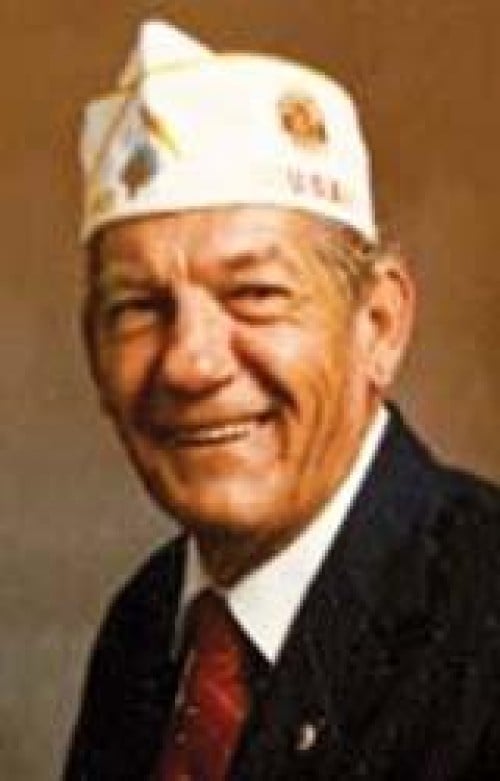
Gerald Anthony Guidry
July 28, 2009
Florett "Flo" Johnson
July 30, 2009A vague, unsigned request for a $150,000 economic feasibility study from a Maryland-based firm upended the St. Mary Parish Council last week.
Several councilmen questioned last Wednesday’s request for World Trade Partnership of Columbia, Md., to study the viability of creating facilities in St. Mary for biofuel production using sugar cane waste; a tire recycling project that would reportedly create entry-level vocational jobs; housing for moderate-income workers; and a neighborhood development that would feature an upscale boutique mall and a travel center.
St. Mary Parish economic director Frank Fink presented the petition. But as councilmen questioned the origin of the proposal, Fink said the Rev. Larry Abernathy, a member of Blessing Ministries of Baton Rouge and a consultant with World Trade Partnership, was the force behind the request.
Abernathy was present, sitting in the audience.
Councilman Chuck Walters blasted the multi-project proposal, telling Fink such requests were bogus.
“Nothing against you, Frank,” he told Fink, “but efforts by the parish administration and the parish council toward economic development are crap.”
Among other things, Walters took issue with the lack of input from the public or business community. No prior informational meetings were held to pitch the project.
Instead, World Trade Partnership supplied Fink with a request for $50,000 to initiate the project. A second $37,500 payment would be billed within 30 days; a third in the same amount in 60 days; and a final $25,000 payment would be required within 90 days. In exchange, the parish would receive a final feasibility report, Fink said.
The project has no immediate financial bankers, Fink told the council.
The economic director said he first learned of the proposal during a conversation with St. Mary Parish President Paul Naquin and Councilman Craig Matthews.
Naquin told the council last week that gaming revenue garnered from the Amelia Belle Casino could be used to fund the project.
The casino pays the parish $1.5 million annually. The money is mostly earmarked for law enforcement, the district attorney’s office, fire departments and other parish entities.
According to Parish Chief Administrative Officer Henry “Bo” LaGrange, the parish has approximately $240,000 in unreserved funds.
“That’s got to get us to June of next year?” Walters asked, to which LaGrange responded affirmatively.
Walters rebuked the proposal, telling Fink, “Don’t you feel we finance more studies than God knows are allowed?”
Calling the measure a “pie in the sky” proposal, the councilman said it would be difficult to justify spending the casino monies on feasibility studies given the uncertainty of the local economy.
“God forbid we have to lay off personnel this year,” he said. “Are we going to look at them and say, ‘Hey, we have to lay you off because we spent money we had on a study earlier this summer? One that is still not backed? We’re not ready for this.”
Fink’s appearance before the council left him on the hot seat, answering questions about recent proposed business startups that have failed to materialize.
Property disputes have nixed a Chili’s Bar & Grill opening near the Bayou Vista Wal-Mart and the area’s Emerald Land River Ranch development fell through after issues arose with interstate access.
“Have we done enough in our house that we have to pay someone else to spruce up an investment,” Walters asked. “Are we going to do the homework for the people doing the developments?”
The request for a feasibility study was tabled by a 7-4 vote. Councilmen Albert Foulcard, David Hanagriff, Craig Mathews and Charles Middleton voted against tabling the request.
Fink defended his decision to present World Trade Partnership’s proposal. “We could have done a better job of informing the council of what was going on,” he admitted. “The proposal was not guaranteed by any backers, but, frankly, there is nothing in this life that is guaranteed except that we’re all going to pay taxes and die.”



